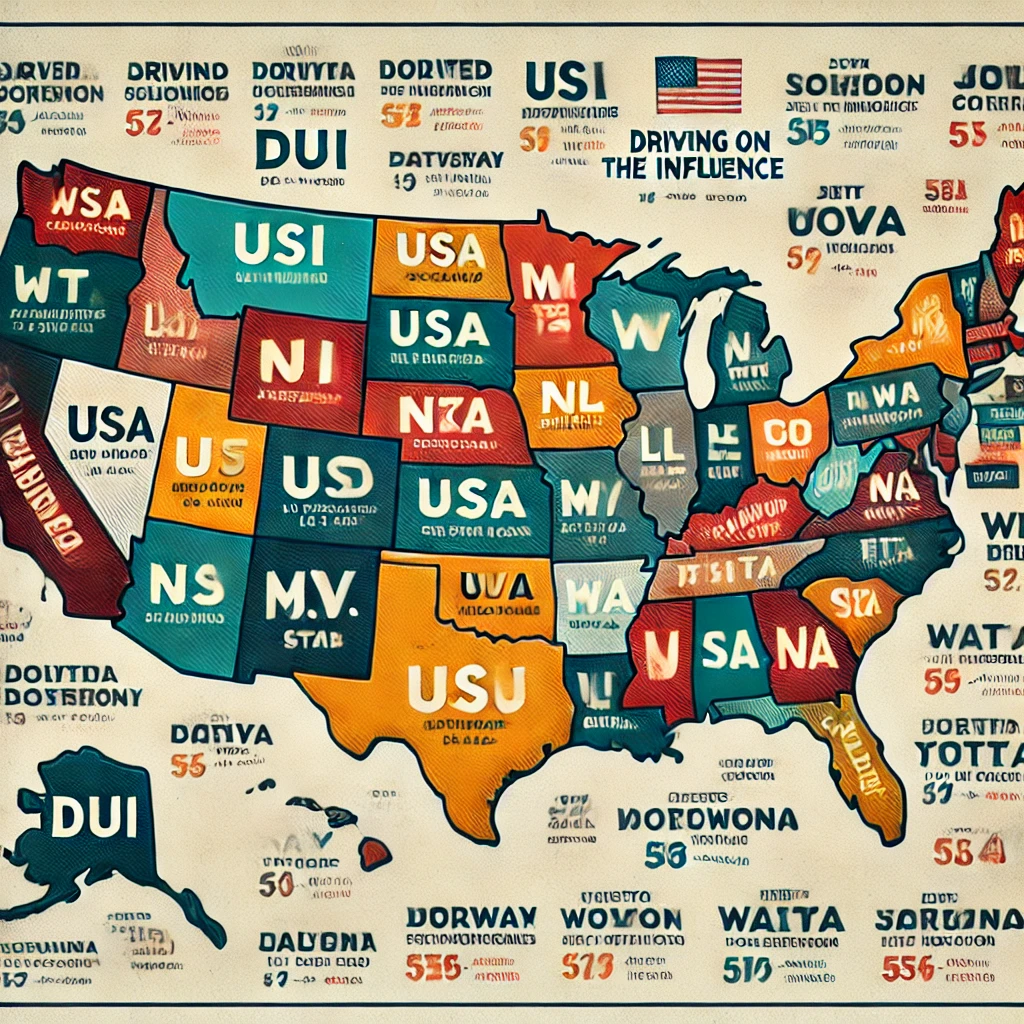Driving Under the Influence (DUI) charges can be life-altering. If you’ve been charged with a DUI, finding the best DUI lawyer near you is crucial. This guide will help you understand what a DUI lawyer does, how to choose the best one for your case, and the key factors to ensure your defense is as strong as possible.
What is a DUI?
Driving Under the Influence (DUI) refers to operating a vehicle while impaired by alcohol or drugs. In the United States, the legal blood alcohol concentration (BAC) limit is 0.08% for drivers aged 21 and over. For commercial drivers, the limit is typically 0.04%, and for drivers under 21, many states enforce a zero-tolerance policy.
DUI laws vary by state, but penalties can include:
- License suspension or revocation
- Heavy fines
- Community service
- Mandatory DUI education programs
- Jail time
Why You Need a DUI Lawyer
A DUI charge is not a minor infraction; it’s a criminal offense that can have lasting consequences. An experienced DUI lawyer can:
- Assess the specifics of your case
- Identify procedural errors or violations of your rights
- Negotiate plea deals
- Defend you in court
How to Find the Best DUI Lawyer Near You
- Search Locally: Start by searching for “DUI lawyer near me” on Google or legal directories like Avvo and FindLaw. These platforms provide reviews, ratings, and credentials.
- Check Credentials: Look for attorneys specializing in DUI defense with experience in your local courts.
- Case Success Rate: Ask about their track record with DUI cases. A lawyer’s success rate can be an indicator of their expertise.
- Client Reviews: Read testimonials and reviews from previous clients to gauge satisfaction.
- Free Consultation: Many DUI lawyers offer free initial consultations. Use this opportunity to ask about:
- Their experience with cases similar to yours
- Legal fees and payment plans
- Possible defense strategies
Key Case Law in DUI Defense
Several landmark cases have shaped DUI law in the United States:
- Birchfield v. North Dakota (2016): The U.S. Supreme Court ruled that warrantless blood tests are unconstitutional under the Fourth Amendment, but breath tests may be allowed.
- Missouri v. McNeely (2013): Established that police must obtain a warrant for a blood test in most DUI cases unless there are exigent circumstances.
- Arizona v. Gant (2009): Limits vehicle searches during DUI stops unless the suspect poses a danger or evidence related to the DUI is likely to be found in the vehicle.
- Terry v. Ohio (1968): A key case in determining reasonable suspicion, which is often a factor in DUI stops.
Defense Strategies for DUI Cases
An experienced DUI lawyer may employ the following defense strategies:
- Challenging the Stop: If the traffic stop was made without reasonable suspicion, the case may be dismissed.
- Breathalyzer Accuracy: Questioning the calibration and maintenance of the breathalyzer device.
- Field Sobriety Tests: Highlighting the subjective nature and inaccuracy of these tests.
- Medical Conditions: Conditions such as acid reflux or diabetes can affect BAC readings.
DUI Laws by State
Understanding state-specific DUI laws is vital. For example:
- California: First-time offenders face fines, DUI school, and possible license suspension.
- Florida: Implements mandatory ignition interlock devices for repeat offenders.
- New York: Enforces the “Leandra’s Law,” which applies stricter penalties for DUIs with minors in the vehicle.
If you’re facing a DUI charge, hiring a skilled DUI lawyer near you can make a significant difference in the outcome of your case. With the right legal representation, you can navigate the complexities of DUI law and protect your rights.
For a free consultation with a top-rated DUI lawyer, search online or contact local legal aid services. Don’t leave your future to chance—act now to secure the best defense possible.










